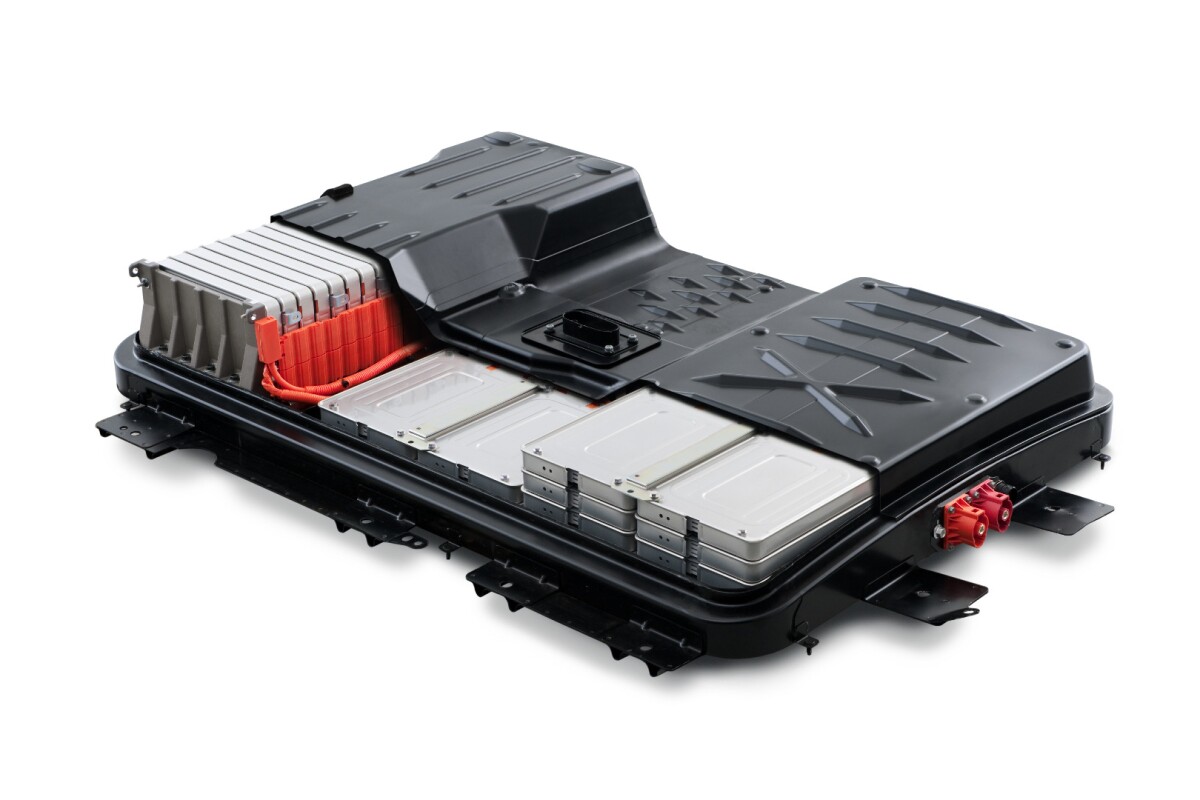Following in the footsteps of Tesla and Mercedes-Benz, Nissan is now set to become the latest automaker to offer battery packs for stationary energy storage. Although pricing information has yet to be provided, the Nissan product should be relatively affordable, as it will incorporate used batteries from Nissan Leaf electric cars.
Nissan designed the battery packs as part of the 4R Energy joint venture with Sumitomo Corp., and has partnered with commercial energy storage company Green Charge Networks to manufacture them. While Nissan is the source of the actual "second life" lithium-ion batteries that no longer meet the demands of automotive use, Green Charge is providing the power management software.
Plans call for the energy storage units to first be used at a Nissan facility in California later this summer, to help offset peak energy demand. Once they become available for purchase in the fourth quarter of this year, it is hoped that consumers will also use the batteries with renewable sources such as wind and solar.
According to Nissan, this is the first time that used EV batteries have been commercially utilized for such an application. "A lithium-ion battery from a Nissan Leaf still holds a great deal of value as energy storage, even after it is removed from the vehicle, so Nissan expects to be able to reuse a majority of Leaf battery packs in non-automotive applications," says Brad Smith, director of Nissan's 4R Energy business in the US.
Along with pricing, there is currently also no word on capacity of the battery packs.
Sources: Nissan, Green Charge Networks




